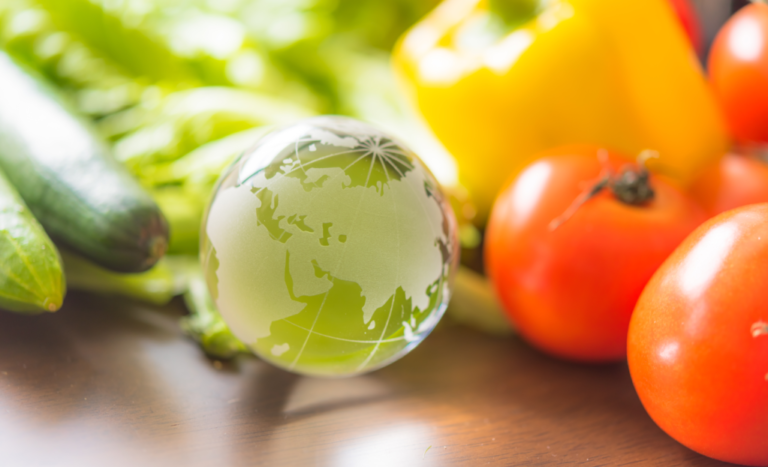Experts have proposed a sustainable global diet designed to feed the world’s growing population while minimizing environmental damage. The diet focuses on plant-based foods, reduced meat consumption, and locally sourced ingredients, aiming to promote both human health and ecological balance.
According to researchers, adopting such a diet could significantly reduce greenhouse gas emissions, decrease deforestation, and preserve freshwater resources. It also encourages diverse, nutrient-rich foods, helping prevent diet-related diseases like obesity, heart disease, and diabetes.
The proposed global diet emphasizes whole grains, legumes, fruits, vegetables, nuts, and seeds while limiting red meat, sugar, and processed foods. By shifting consumption patterns worldwide, experts say the planet could sustainably support 9.6 billion people by 2050 without overstraining natural resources.
In addition to environmental benefits, the diet could improve public health outcomes globally. Reducing the intake of processed and high-fat foods while increasing fruits and vegetables may lower healthcare costs and enhance life expectancy.
Policymakers, governments, and food producers are encouraged to adopt strategies supporting this dietary shift. These include promoting sustainable agriculture, reducing food waste, and incentivizing access to affordable, nutrient-rich foods.
Experts believe that widespread adoption of this global diet is not only a matter of personal choice but also a critical step toward ensuring food security and environmental sustainability for future generations.


